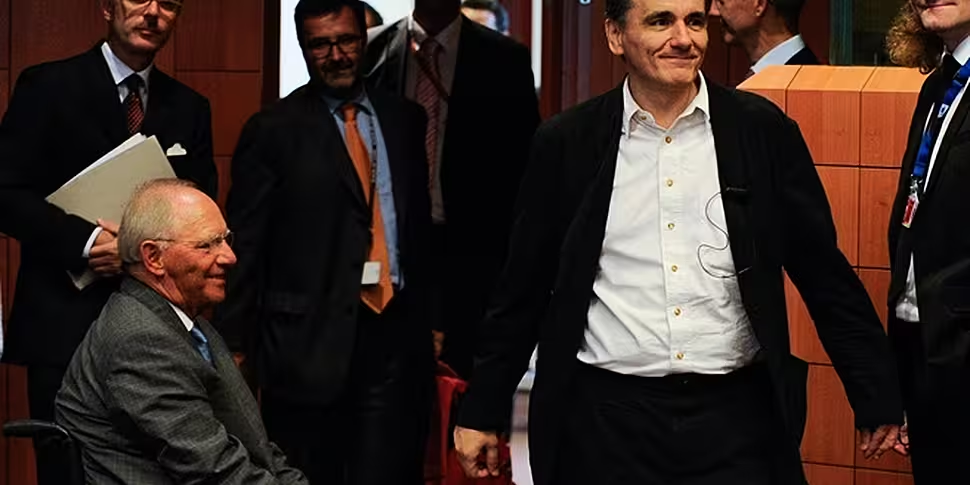A bailout deal worth around €85 billion to Greece has been approved by Eurozone finance ministers.
Athens has had to agree to far-reaching economic reforms to secure it, and the deal was believed to have required greater concession from the Greeks, as demanded by Germany in the negotiations.
The Greek parliament had agreed on the €85 billion bailout deal after marathon talks which went on all night, while an MEP from the ruling Syriza party, Kostas Chrysognos, said that they now had to accept that "the reality" of the situation, and that "after a certain degree, we have failed".
The cash will be made available via loans over the next three years. European Commission President Jean-Claude Juncker said that the message as a result of this deal was "loud and clear" that Greece will stay in the Eurozone.
He explained what the deal will allow Greece to do:
IMF Chief Christine Lagarde has welcomed the agreement, highlighting efforts to overcome a loss of confidence in the Greek Government.
For Prime Minister Alexis Tsipras, the deal will come at a high cost, as more than 40 Syriza MPs voted against him in the negotiations last night, and he was forced to rely on support from the opposition to get the deal through.
The impact on his future as the country's leader is unclear, but according to the BBC, he may seek a vote of confidence next week which could lead to elections sooner rather than later.









